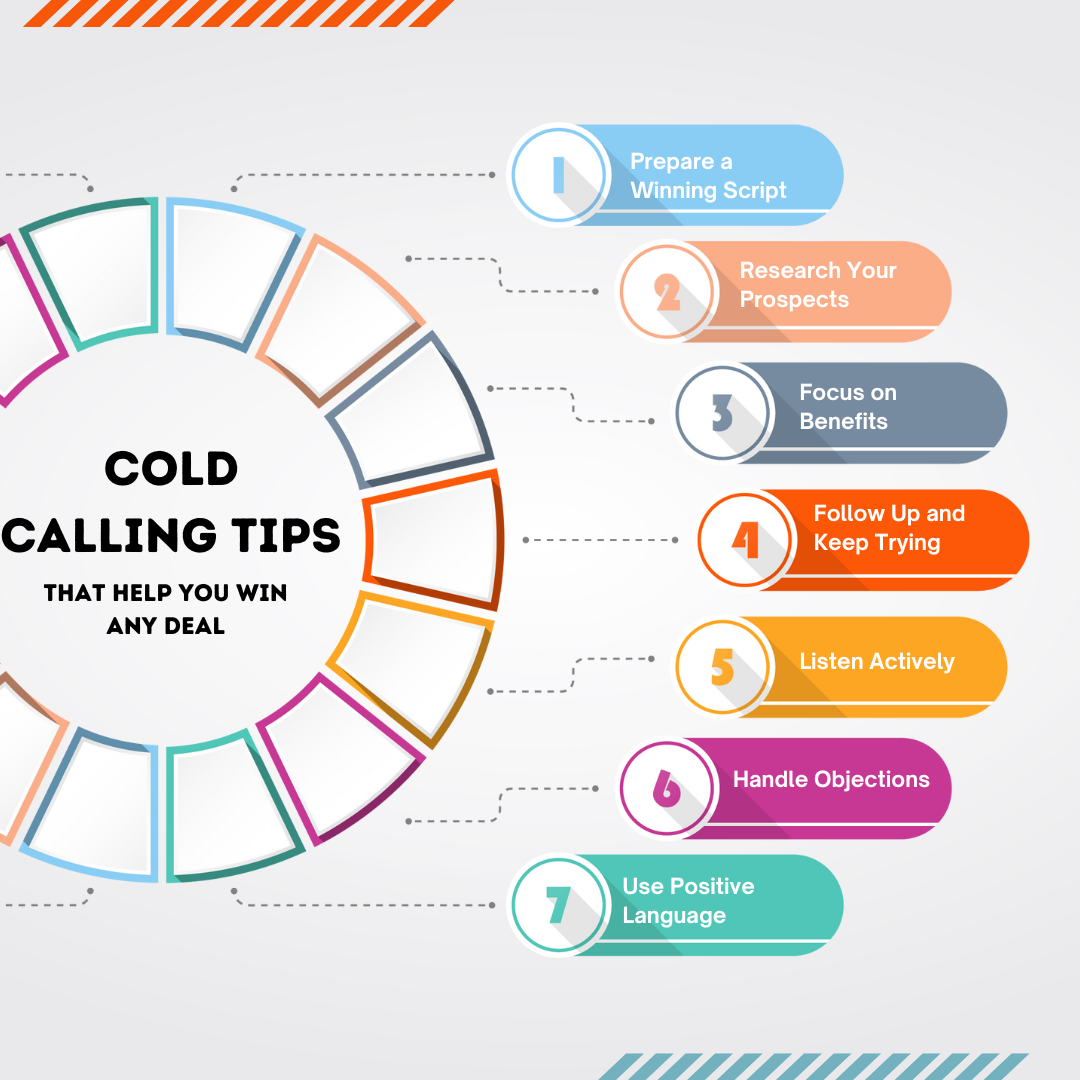Why Rafiki
Pricing


Pricing
Solutions

RevOps Leaders
Synchronize revenue generating functions

SDR Leaders
Get your team aligned and Coach your Reps 3x faster at scale

Sales Leaders
Unlock pipeline truth, drive confident forecasts

Cold calling remains a critical sales strategy for reaching potential customers and generating new business. It allows sales professionals to directly engage with prospects, create awareness about their offerings, and identify potential leads.
Challenges Faced by Sales Reps during Cold Calls:
Despite its importance, cold calling can be intimidating and challenging. Sales professionals often struggle with rejection, maintaining a compelling conversation, and overcoming objections from prospects.
Utilizing an AI-driven platform like Rafiki can significantly enhance cold calling success. With features such as smart call summaries, AI-powered conversation analysis, and coaching intelligence, Rafiki empowers sales teams to improve their performance and achieve revenue growth.
One of the most crucial factors in mastering cold calling is preparing a well-crafted script. A compelling script serves as a roadmap for sales professionals, guiding them through the call and increasing their chances of success. It helps maintain a focused conversation, overcome objections, and create a positive impression on prospects.
An effective cold calling script typically includes three main components:
While a well-prepared script is essential, it's crucial to remain flexible and adapt to the prospect's needs and responses during the call. Listen carefully to their concerns and tailor your script accordingly, highlighting the benefits that are most relevant to their specific situation. By being adaptive and responsive, you can build trust and credibility with your prospects, ultimately increasing your chances of success in cold calling.
Before initiating a cold call, it's vital to gather information about your prospects, including their background, industry, and pain points. This knowledge enables sales professionals to tailor their approach, creating a personalized and more engaging conversation with prospects.
Researching your prospects helps you:
There are various sources you can utilize to gather valuable information about your prospects:
Rafiki's Market Intelligence feature makes it easy to research your prospects and gain valuable insights into their business and industry. By leveraging the power of AI, Rafiki helps you uncover critical information, such as recent news, market trends, and competitor analysis. Armed with this knowledge, you can better tailor your cold calling strategy, ensuring a more meaningful and engaging conversation with your prospects.
When conducting cold calls, it's crucial to emphasize the benefits of your product or service, rather than simply listing its features. Benefits are the tangible outcomes or improvements that prospects can expect from using your offering, while features are the specific characteristics or attributes of your product.
Features describe the functionality or specifications of a product, while benefits focus on the value or positive impact that the product delivers to the user. For example, a feature of a CRM software might be its ability to track customer interactions, while a benefit is the increased efficiency and improved customer relationships resulting from its use.
Focusing on benefits during cold calls helps prospects better understand the value of your offering and how it can address their pain points. Benefits-driven conversations are more likely to resonate with your target audience and result in a positive response. By demonstrating the real-world impact of your product, you can create a compelling case for prospects to consider your offering.
When discussing benefits during cold calls, it's essential to tailor your message to the specific needs and pain points of your prospect. By doing so, you can create a more personalized and engaging conversation, which in turn, increases the likelihood of converting the prospect into a customer. Researching your prospects beforehand, as discussed in Essential Tip 2, can provide valuable insights into their needs, allowing you to present relevant benefits that directly address their concerns.

In the world of sales, persistence is key. Consistent follow-ups play a crucial role in converting prospects into customers. A single cold call may not always result in a positive outcome, but regular follow-ups can help build trust, demonstrate commitment, and ultimately lead to a successful sale.
Some of the main reasons for consistent follow-ups in sales include:
When following up with prospects, consider these techniques:
Rafiki's Smart Follow Up feature automates the follow-up process, making it more efficient and effective. By generating time-stamped key moments from calls, Rafiki enables sales professionals to quickly craft personalized follow-up emails that address the prospect's concerns and interests. With automated reminders and a streamlined follow-up process, sales reps can focus on building relationships and closing deals, rather than managing tedious administrative tasks.
Mastering cold calling in sales requires not only the ability to articulate your message effectively but also the skill to listen actively and give your full attention to the prospect. Active listening is crucial for understanding the prospect's needs, concerns, and preferences, allowing you to tailor your approach and address their pain points more effectively.
Active listening during sales calls helps sales professionals:
By demonstrating genuine interest and attentiveness during cold calls, sales professionals can create a more engaging and productive conversation with prospects, ultimately increasing their chances of success.
Some techniques to enhance active listening during cold calls include:
Rafiki's Smart Call Summary feature enables sales professionals to review and analyze their calls more effectively. By generating instant call summaries with key topics and time-stamped moments, sales reps can quickly identify areas for improvement, address any missed opportunities, and refine their approach for future calls. This invaluable tool empowers sales teams to hone their active listening skills, ultimately leading to more successful cold calling outcomes.
One of the critical aspects of mastering cold calling is the ability to handle objections effectively. Objections are natural responses from prospects who may have concerns or reservations about your product or service. Addressing objections with confidence and providing relevant information can help alleviate these concerns, build trust, and ultimately lead to successful sales outcomes.
Some of the common objections that sales professionals may encounter during cold calls include:
When faced with objections during cold calls, consider the following strategies:
Rafiki's Coaching Intelligence feature can play a pivotal role in helping sales reps effectively handle objections during cold calls. By providing AI-driven insights and coaching recommendations, Rafiki enables sales professionals to refine their objection-handling skills, identify areas for improvement, and learn from past interactions. With the support of Rafiki's Coaching Intelligence, sales reps can confidently navigate objections and turn challenges into opportunities for success.
Using positive language during cold calls is crucial for creating a favorable impression and increasing your chances of success. Positive language focuses on possibilities, solutions, and benefits, which helps build rapport with prospects and generates more productive conversations.
Positive language plays a significant role in cold calling success, as it:
Some examples of positive language and phrases to use during cold calls include:
It's essential to avoid negative language during cold calls, as it can create a negative impression and potentially hinder your chances of success. Negative language includes focusing on problems, limitations, or potential drawbacks of your product or service. Instead, concentrate on the positive aspects of your offering, emphasizing the benefits and value it brings to your prospects. By maintaining a positive tone throughout the call, you can create a more favorable impression, ultimately leading to more successful cold calling outcomes.
As a sales professional, leveraging an AI-driven platform like Rafiki can significantly enhance your cold calling success. Rafiki offers a range of powerful features designed to help you improve your performance and achieve revenue growth.
Rafiki's platform boasts a variety of features to support sales teams, including AI-powered conversation analysis, smart call summaries, smart follow-up emails, and market intelligence. These tools enable sales professionals to better understand their prospects, streamline their follow-up process, and make more informed decisions based on data-driven insights.
By utilizing Rafiki for cold calling, sales professionals can experience numerous benefits, such as:
With Rafiki's comprehensive suite of features, sales teams can significantly improve their cold calling skills and drive sales growth.
In this guide, we've explored seven essential tips for mastering cold calling in sales: crafting a winning script, researching prospects, focusing on benefits, following up consistently, listening actively, handling objections effectively, and using positive language. Continuously learning and refining your skills is vital for achieving cold calling success.
Experience the power of Rafiki's AI-driven platform firsthand by signing up for a 14-day free trial. Discover how Rafiki's features can transform your cold calling efforts and accelerate your sales growth. To learn more about how other sales professionals have achieved success with Rafiki, read customer case studies on the Rafiki website.